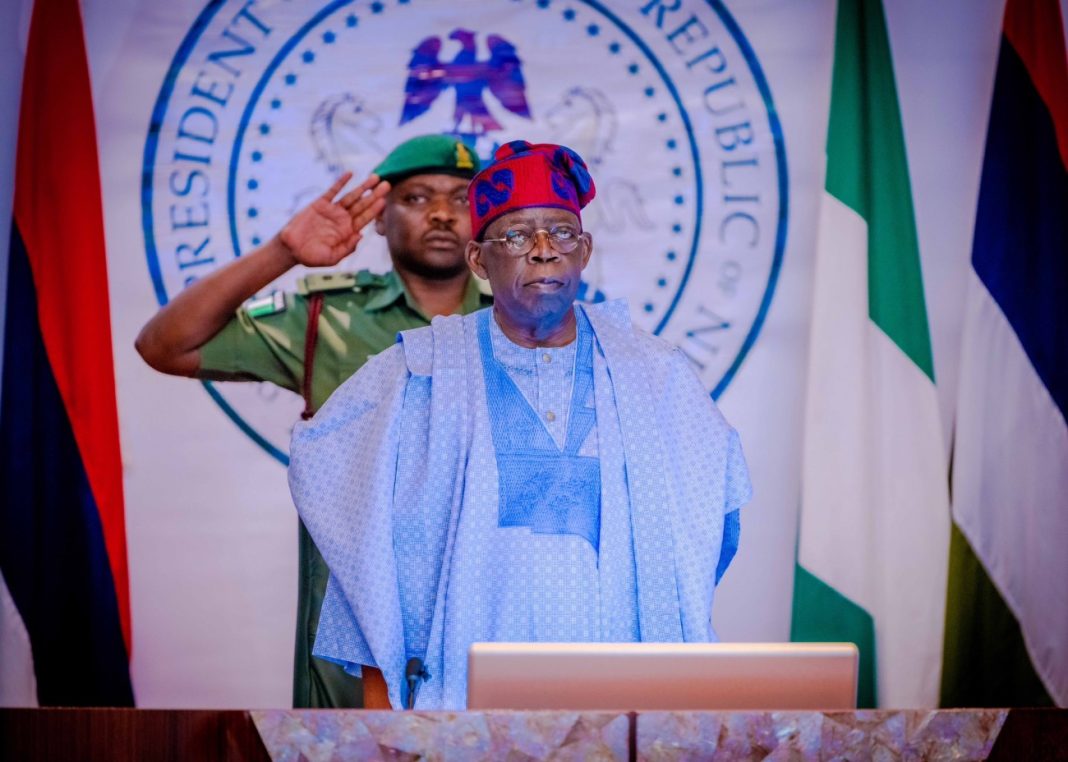ABUJA, Nigeria — The Socio-Economic Rights and Accountability Project, SERAP, is challenging President Bola Tinubu to reverse the “unlawful” ban that has excluded 25 journalists and media houses from covering activities at the Presidential Villa in Abuja.
The organisation conveyed its concerns through a letter signed by its Deputy Director, Kolawole Oluwadare, which was made public on Sunday, August 27, 2023.
In the letter dated August 26, 2023, SERAP contended that the ban violates the Nigerian Constitution and international human rights obligations, stating, “Barring these journalists and media houses from covering the Presidential Villa is to prevent them from carrying out their legitimate constitutional responsibility.”
SERAP also emphasized that the decision obstructs the media’s role in upholding democracy.
“Media freedom is a cornerstone of Nigeria’s democracy, and journalists must be able to hold the government to account. This is a matter of public interest,” Oluwadare wrote.
“The government cannot cherry-pick journalists to cover its activities.”
The media houses affected by the ban include Vanguard, Galaxy TV, Ben TV, MITV, ITV Abuja, PromptNews, ONTV, and Liberty.
The group has given President Tinubu 48 hours to act on its recommendations, failing which it will “consider appropriate legal actions to compel your government to comply with our request in the public interest.”
According to the letter, the Federal Government justified the ban as an “internal attempt to reduce bloated numbers of print photographers and overcrowding in the State House,” as well as “security concerns” raised by State House officials.
But SERAP countered these justifications by stating that media freedom and citizens’ access to information outweigh any “vague grounds of ‘security concerns and overcrowding of the press gallery area.'”
“Your administration cannot with one broad stroke ban journalists from covering public functions,” the letter further read.
“The withdrawal of the journalists’ accreditations would construct barriers between Nigerians and certain information about the operations of their government, something which they have a constitutional right to receive.”
SERAP urged President Tinubu to take immediate steps to rectify the situation, as failing could be perceived as his government’s “ambivalence towards media freedom.”
“Allowing the media to cover the presidential villa would improve the reliability of information available to the public and serve the public interest,” Oluwadare concluded.
The ban on journalists has sparked an uproar in media circles and among human rights activists, who view it as a sign of shrinking democratic space in Nigeria.
The development could escalate tensions between the Nigerian government and civil society organizations advocating for transparency and freedom of the press.







